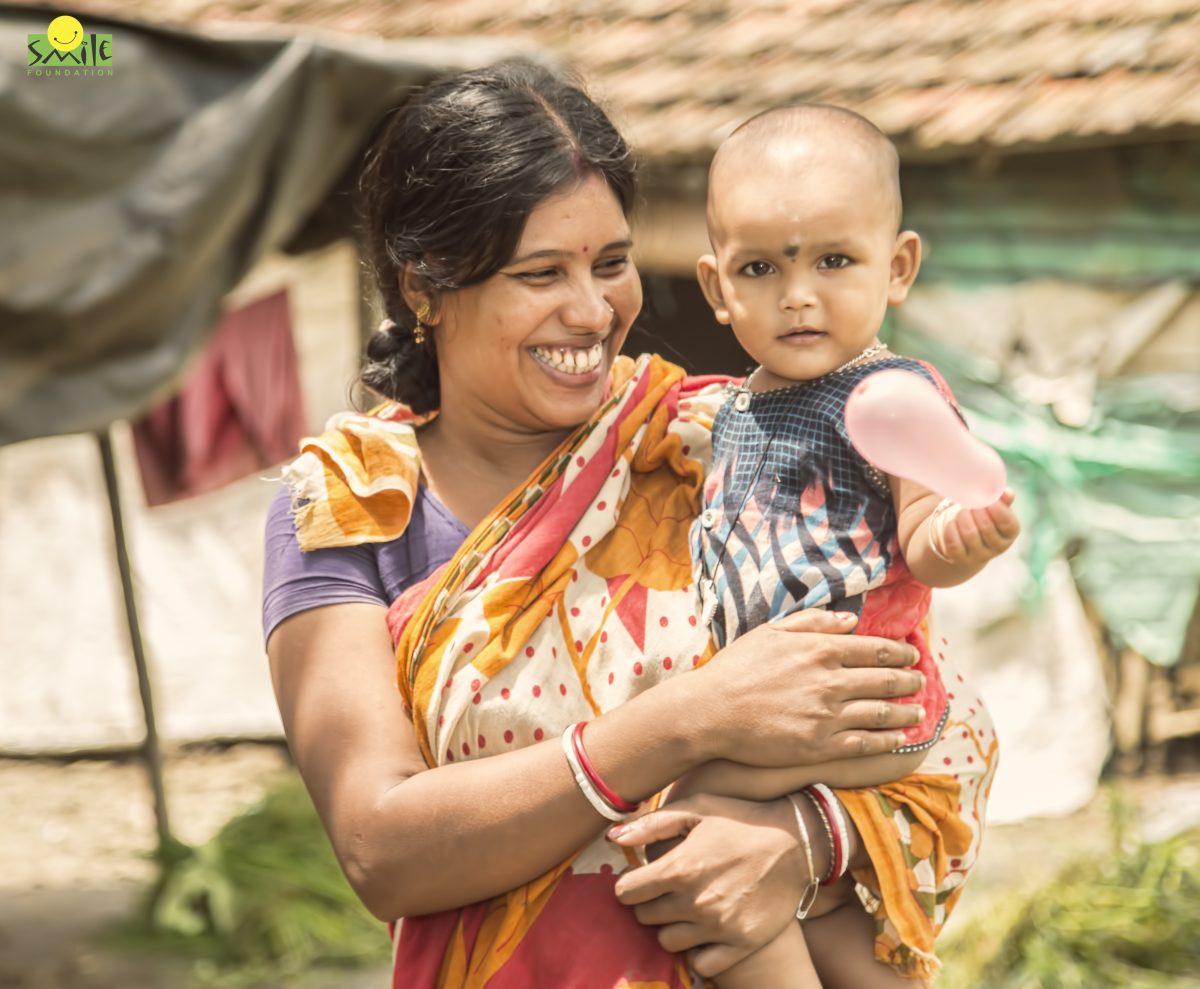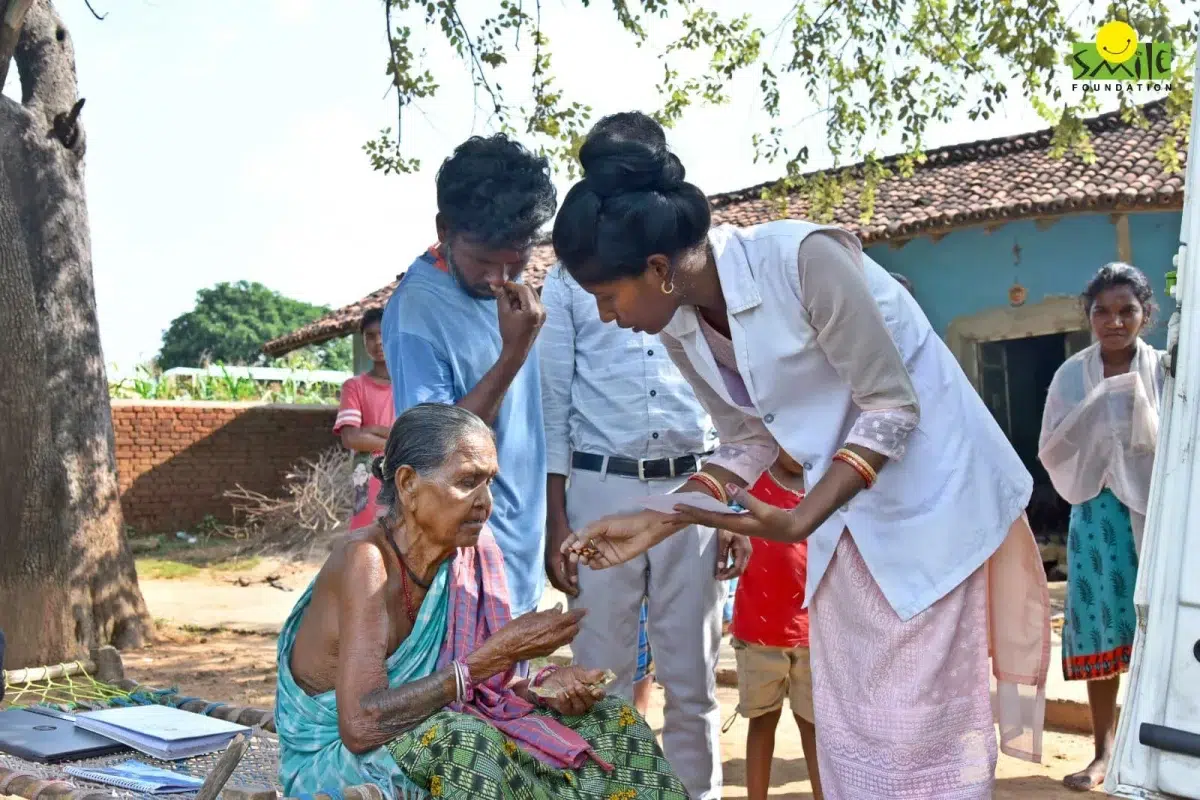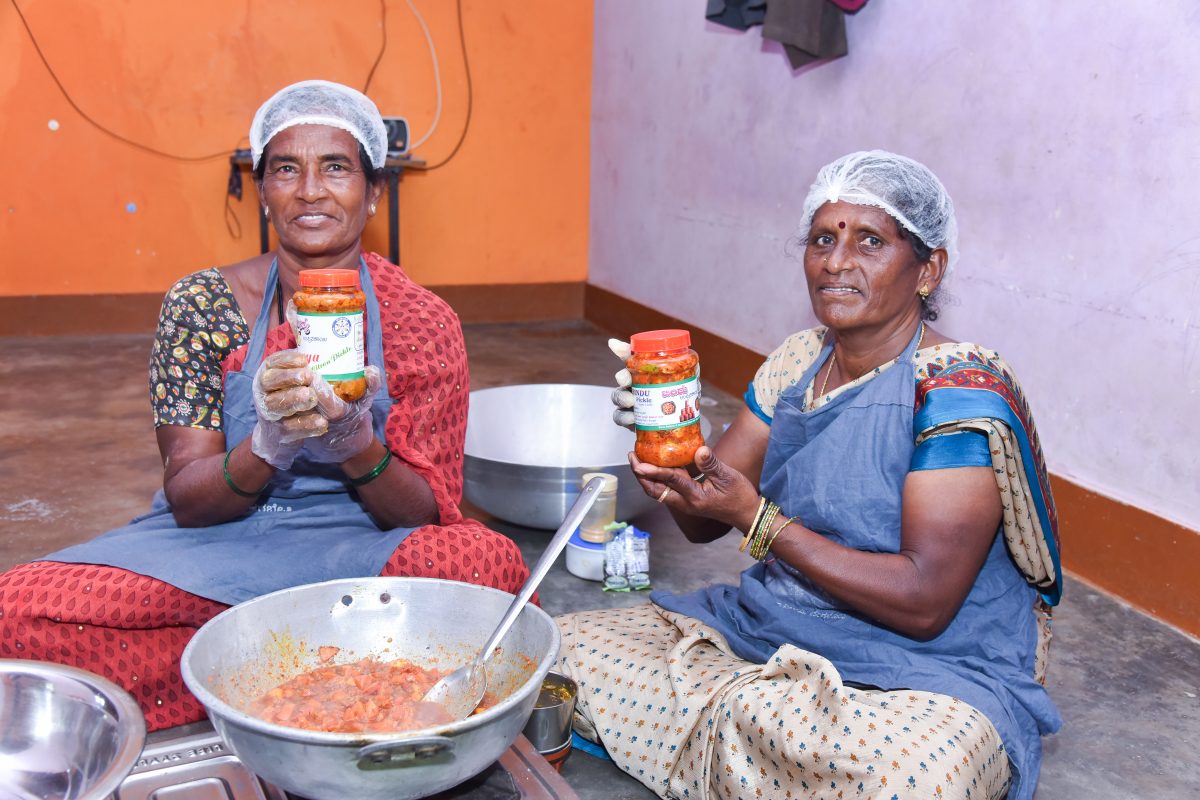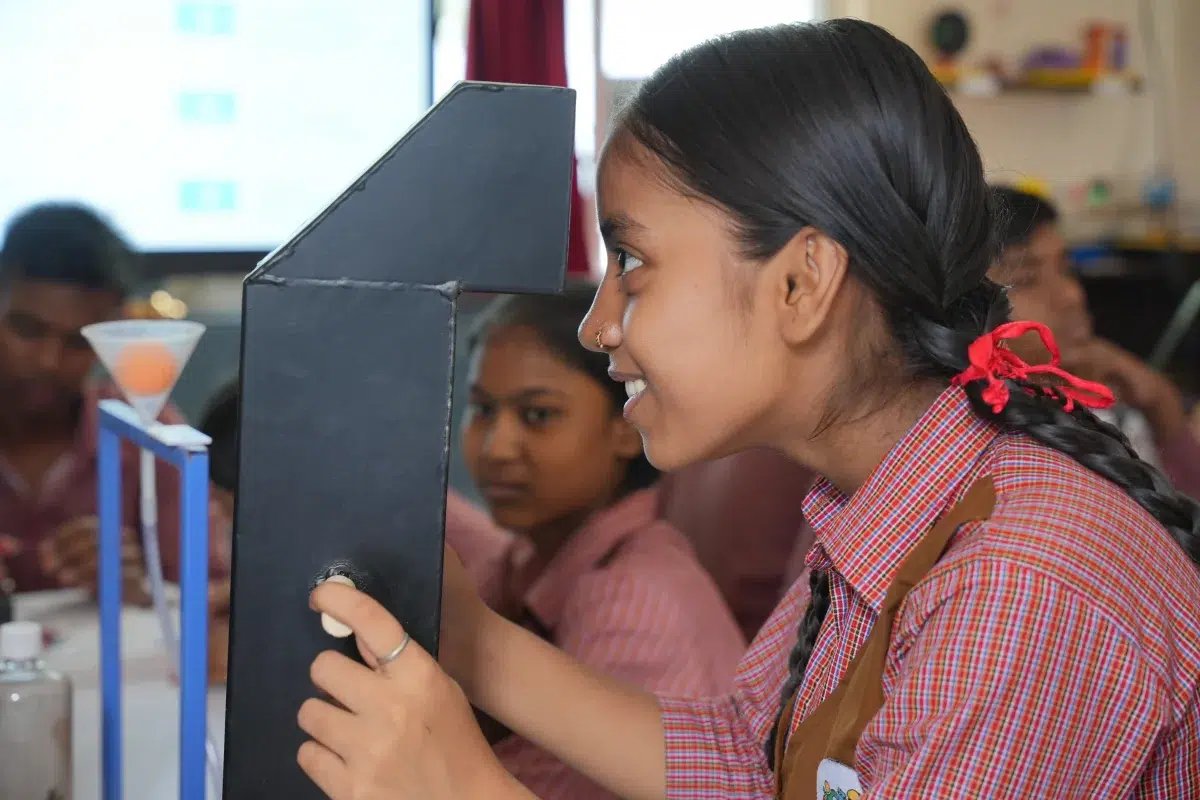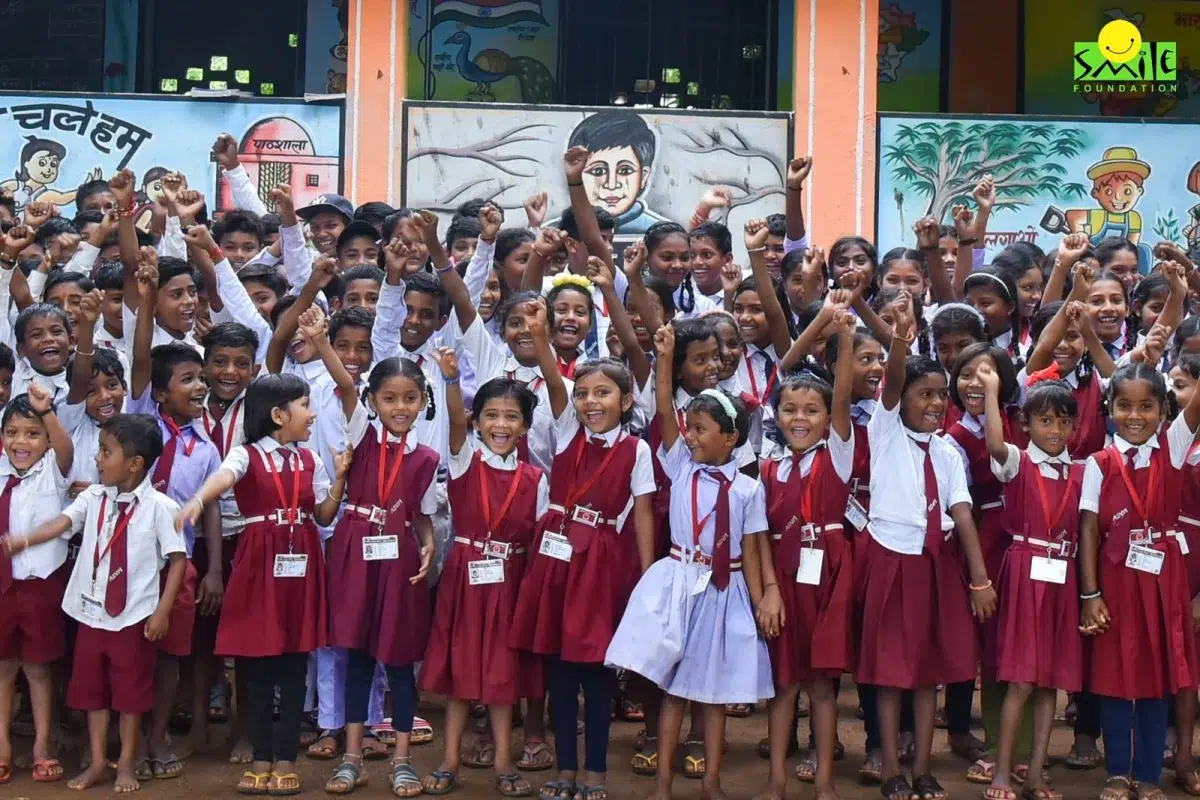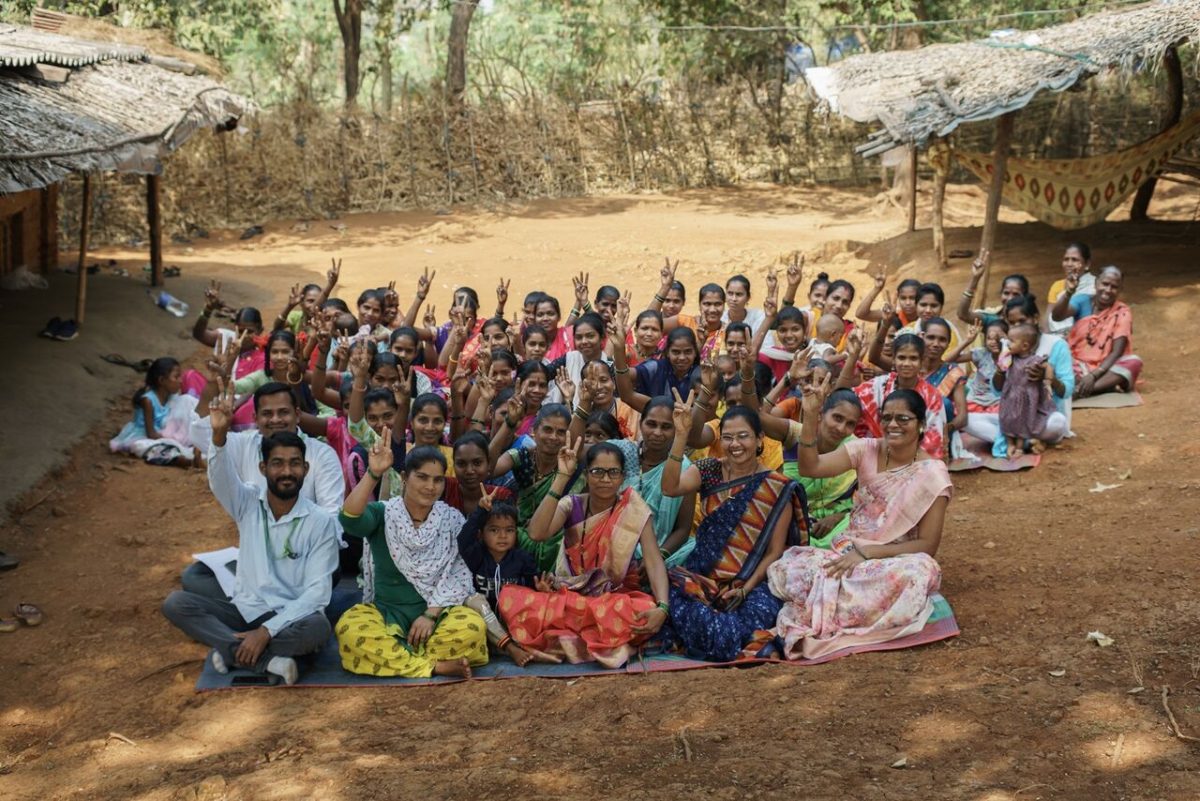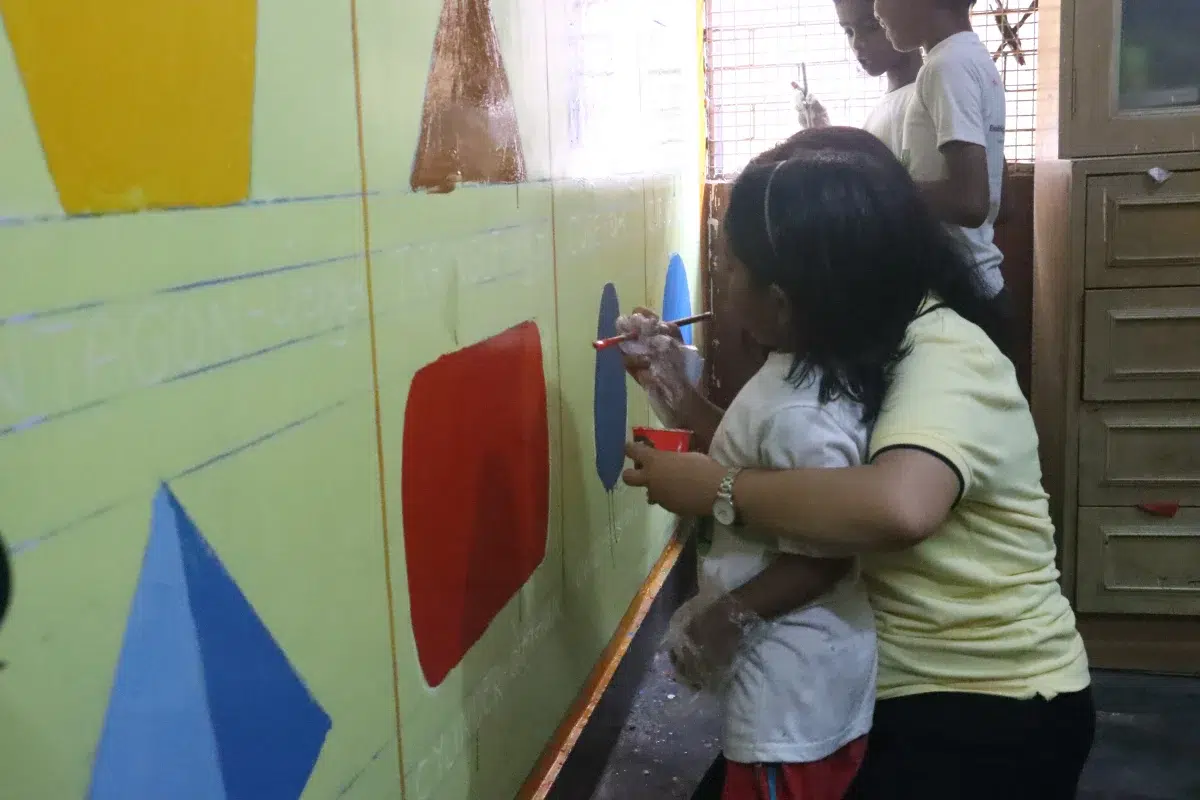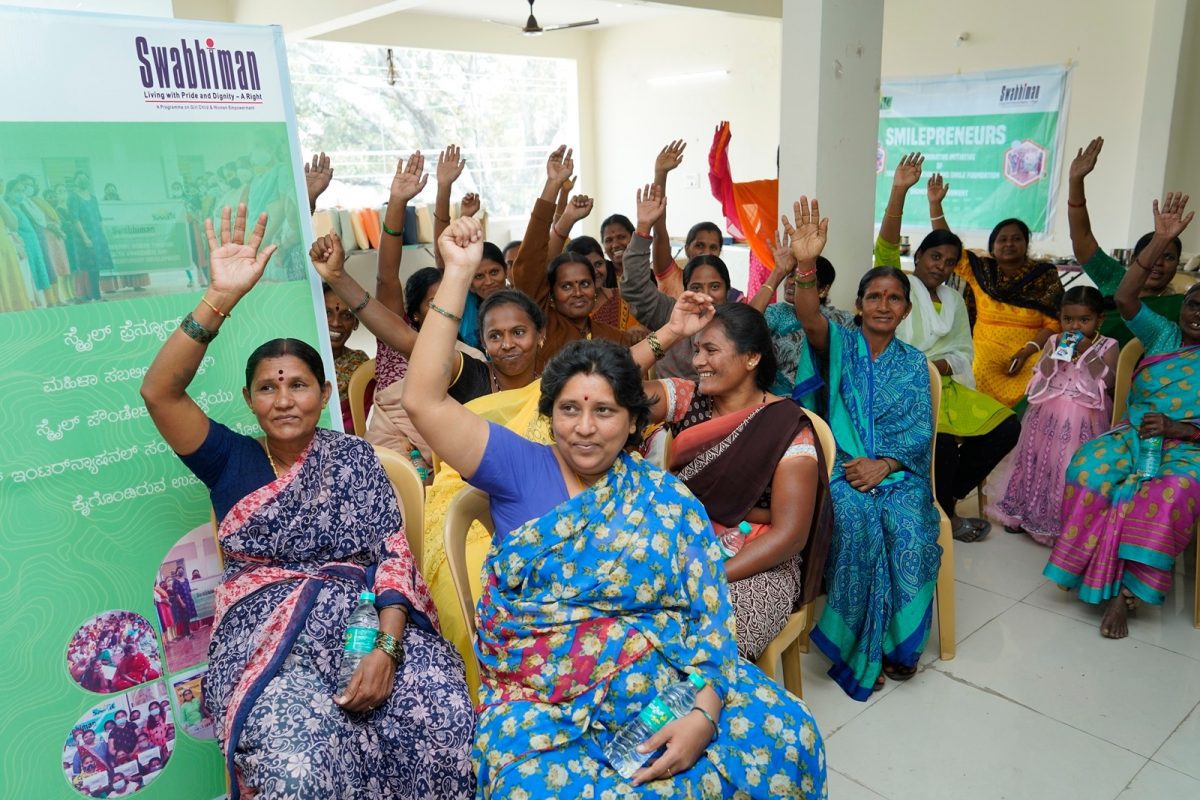India’s healthcare sector is evolving rapidly, driven by strategic investments, increasing biopharma funding, and dynamic cross-industry collaborations. In 2024 alone, the industry witnessed a 24% rise in funding, with 2025 set to surpass expectations. The country remains a global leader in generics and biosimilars, while AI-powered partnerships between technology and pharmaceutical companies are transforming diagnostics and data-led care. Yet, a vital question remains: are these innovations truly reaching India’s rural healthcare system? Public-private partnerships and mobile medical units could hold the key to delivering equitable, technology-enabled care to underserved communities.
Indian Rural Healthcare system – Challenges
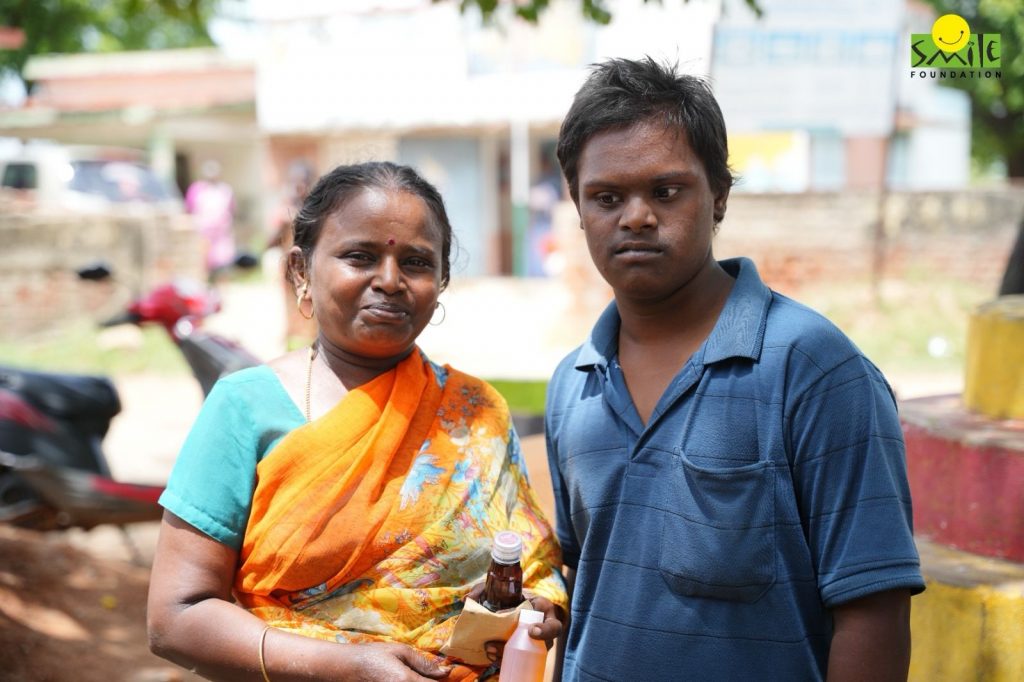
“As a mother of a special child, regular check-ups were a constant struggle—financially, emotionally, and logistically” – Prema (Velmurugan’s mother)
This testimonial underscores the multifaceted challenges of India’s rural healthcare system. Building an inclusive rural healthcare ecosystem in India is vital to ensuring equitable access to medical services for all. Initiatives that deliver compassionate, doorstep healthcare solutions like Mobile Medical Units can play a crucial role in bridging systemic gaps—particularly for underserved communities.
- Infrastructure Deficit Hindering Equitable Access to Care
Despite national advancements, rural healthcare infrastructure remains significantly underdeveloped, with inadequate facilities, outdated equipment, and poor connectivity. This disparity perpetuates unequal access to quality medical services and delays timely intervention in vulnerable communities. - Severe Shortage of Trained Medical Professionals in Rural Regions
A persistent dearth of qualified doctors, nurses, and specialists in rural areas severely undermines the continuity and quality of care. Overburdened and under-supported, frontline health workers struggle to meet the needs of dispersed populations, affecting outcomes at scale. - Healthcare Access Disrupted by Livelihood Dependency and Geographic Barriers
Many rural residents face a distressing trade-off: travel long distances for medical attention or lose crucial daily wages. The absence of proximal, functional healthcare centres forces patients to defer treatment, often until emergencies arise. - The Economic Toll of Illness: Families Forced into Debt for Basic Treatment
With limited affordable care options locally, families are frequently compelled to sell land or incur high-interest loans to access treatment in urban centres. This financial burden deepens rural poverty, making healthcare a source of long-term socioeconomic distress.
However, to sustain and scale such impact, the persistent challenges of infrastructure, accessibility, and affordability must be addressed collectively. Corporate Social Responsibility (CSR) has a pivotal role to play in this transformation. By aligning business responsibility with community health needs, corporations can help strengthen rural healthcare delivery, making quality care not a privilege, but a fundamental right for every citizen, regardless of geography or income.
“We know that achieving universal health coverage is a critical step in helping people escape and stay out of poverty, yet there continues to be increased financial hardship, especially for the poorest and most vulnerable people.”
– Mamta Murthi, Vice President for Human Development at the World Bank
Taking Healthcare to Villages, Backed by CSR

India’s healthcare landscape has been significantly transformed by key government health initiatives such as –
- Ayushman Bharat and the National Health Mission (comprising NRHM and NUHM) are key public health initiatives in India.
- A strong focus is placed on Reproductive-Maternal-Neonatal-Child-Adolescent Health (RMNCH+A) to address critical life stages.
- These programmes have significantly expanded healthcare access in underserved and remote regions.
- They address both communicable and non-communicable diseases (NCDs).
- The approach emphasises not only treatment but also preventive care and the promotion of community wellbeing.
Despite this progress, accessibility to healthcare services remains uneven across rural geographies. While government-backed initiatives lay the foundational framework, there is an urgent need for delivery mechanisms that can bridge the last-mile gap. This is where Mobile Medical Units (MMUs), supported through Corporate Social Responsibility (CSR) investments, have become a critical enabler.
CSR-backed MMUs serve as a lifeline for communities often left out of mainstream healthcare delivery. They bring:
- Medical diagnostics and treatment directly to village doorsteps.
- Act as catalysts for promoting healthy habits and preventive awareness—amplifying the impact of government programmes on the ground.
In essence, they operationalise the “3 As” of effective healthcare delivery
- Affordability
- Accessibility
- Awareness
| Strategic Benefit | Implementation | Impact |
| Extending Lifespan in Underserved Areas Reducing Treatment Complications through Early Access Lowering Financial Burden for Rural Families Saving Lives through Timely Screening and Diagnosis | Mobile Medical Units enable early detection and management of diseases, especially Non communicable diseases, directly within remote communities—improving long-term health outcomes and life expectancy. Immediate access to basic healthcare reduces delays, preventing escalation of treatable conditions. Improves prognosis and clinical efficiency. Mobile Medical Units minimise the need for long-distance travel, wage loss, and out-of-pocket expenses, making healthcare more affordable and equitable. On-site diagnostics help identify conditions like diabetes, anaemia, hypertension, and pregnancy risks early, preventing critical complications. | Enhances public health indicators in rural geographies; supports SDG 3 targets. Reduces healthcare burden and mortality in remote areas. Supports economic resilience and healthcare affordability for marginalised groups. Strengthens community-based preventive care and reduces maternal/child mortality. |
The integration of Mobile Medical Units into India’s broader healthcare strategy represents a convergence of public intent and private capability. Corporates, through targeted CSR investments, have the opportunity to supplement public health infrastructure by extending their reach, scaling impact, and ensuring that the promise of equitable healthcare is not limited by geography. Moreover, such initiatives humanise corporate action, translating boardroom decisions into real, tangible outcomes in the lives of vulnerable populations.
Unlocking Healthcare’s with Smile’s Mobile Medical Units

Smile Foundation is advancing Indian rural healthcare through strategic digital innovations, in collaboration with corporate partners aligned with universal healthcare goals. By delivering doorstep primary care to underserved populations, it addresses critical barriers—low awareness and economic vulnerability—ensuring equitable access without disrupting livelihoods, especially across rural areas and urban informal settlements.
- Delivering Quality Healthcare till last mile with Smile On Wheels
Smile on Wheels operates 105 mobile units across 16 states that reached over 12,89,269 people in FY 24. The SOWs travel extensively, providing essential primary healthcare services across remote regions. These units offer a combination of on-site medical support through static clinics and remote consultations powered by telemedicine. This integrated approach ensures comprehensive, timely healthcare access for underserved communities, bridging healthcare gaps efficiently.

- Smile on Boat : Healthcare through water delivery model
Navigating the challenging terrain of the Brahmaputra River, this mobile health solution operates across 12 districts and 12 riverine islands, reaching populations otherwise cut off from consistent medical care. The clinics are equipped to provide a full spectrum of primary healthcare services, including diagnostics, essential medicines, and targeted maternal and reproductive health education. By addressing the specific needs of underserved, remote communities, the initiative plays a critical role in strengthening regional health equity and resilience.
- Accelerating Women’s Health Equity with Two-Wheeler Medical Outreach
Operating through health units mounted on customised vans and two-wheelers, the initiative ensures timely outreach for early screening and management of anaemia, a leading cause of maternal morbidity in India. By facilitating doorstep access to essential diagnostic and reproductive health services, the programme mitigates delays in care, empowers adolescent girls and women with preventive health education, and contributes to long-term improvements in maternal and community health outcomes.
Collaborate for Health Equity: Partner Now
CSR-backed Mobile Medical Units are not just vehicles of care—they are mobile ecosystems that embody inclusive healthcare. By embedding these units within the existing public health framework and expanding them through sustained CSR commitment together, you and Smile Foundation can help our communities to move closer to a future where no individual is too far to heal, and every community is empowered to live healthier, more informed lives.
Join us in taking healthcare to the doorstep. Write to cp@smilefoundationindia.org


